Below are familiar fruits that are very good for heart health:
Purple grapes
Purple grapes and purple grape juice are rich in polyphenol-rich antioxidants. Many clinical studies have shown that drinking purple grape juice or grape powder can improve endothelial function, improve blood vessel dilation, and even have a mild blood pressure lowering effect.
Fresh grapes are cheap and widely available. Adding a handful of purple grapes to your daily diet is an easy way to reap the heart-healthy benefits of polyphenols.
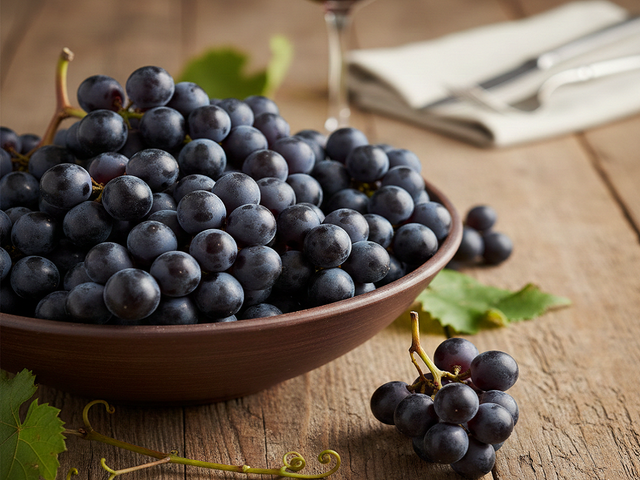
Purple grapes are rich in polyphenol-rich antioxidants that help improve blood vessel dilation and lower blood pressure.
PHOTO: AI
Papaya
Papaya is rich in vitamin C, proteolytic enzymes, carotenoids and many other antioxidants. These antioxidants help stabilize cell membranes and reduce agents that damage blood vessels, according to the health website Healthline (USA).
Therefore, regular consumption of papaya can help improve cardiovascular function and prevent the risk of atherosclerotic plaque formation. Fresh papaya is considered a good source of vitamins and fiber to supplement a heart-friendly diet.
Red plum
Red plum is a spherical fruit about 4-7 cm in diameter, when ripe it is dark red or purple red, sweet and slightly sour. The plum has a hard seed inside and is classified as a drupe. In addition to red plum, there are some other drupe fruits such as peaches and apricots.
These nuts are not as popular as jackfruit, mango or durian. However, they are rich in carotenoid antioxidants, phenolics and soluble fiber. These are important components that help improve blood lipid index and reduce inflammation.
Guava
Guavas are one of the cheapest tropical fruits but are rich in vitamin C, potassium and soluble fiber. A study published in the American Journal of Cardiology found that a 12-week low-calorie diet that included guavas can significantly improve cardiovascular indicators.
Specifically, total blood cholesterol decreased by about 9.9%, triglycerides decreased by about 7.7%, and average blood pressure decreased by about 9/8 mmHg. These results show that guava is not only rich in nutrients but also has a positive impact on risk factors for cardiovascular disease, according to Healthline .
Source: https://thanhnien.vn/4-loai-trai-cay-tot-cho-tim-mach-185251126180427999.htm


![[Photo] VinUni students' emotions are sublimated with "Homeland in the Heart: The Concert Film"](/_next/image?url=https%3A%2F%2Fvphoto.vietnam.vn%2Fthumb%2F1200x675%2Fvietnam%2Fresource%2FIMAGE%2F2025%2F11%2F26%2F1764174931822_10-3878-jpg.webp&w=3840&q=75)
![[Photo] Close-up of heavy damage at the school located on the banks of the Ban Thach River](/_next/image?url=https%3A%2F%2Fvphoto.vietnam.vn%2Fthumb%2F1200x675%2Fvietnam%2Fresource%2FIMAGE%2F2025%2F11%2F26%2F1764152130492_ndo_bl_img-8188-8805-jpg.webp&w=3840&q=75)






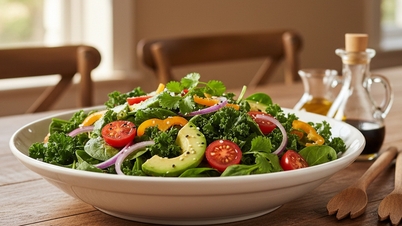
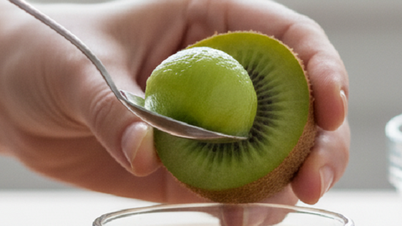
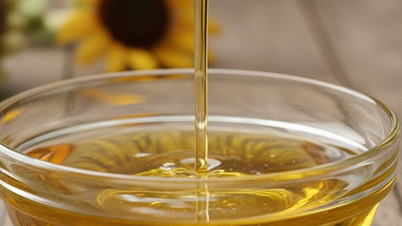
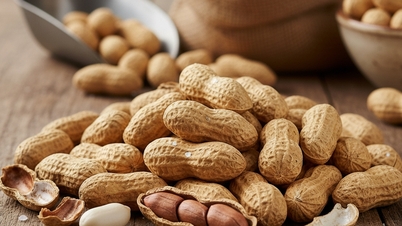

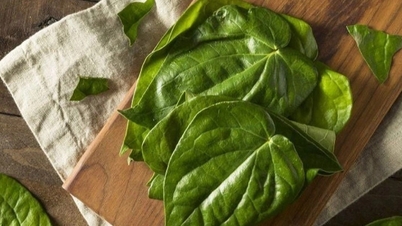





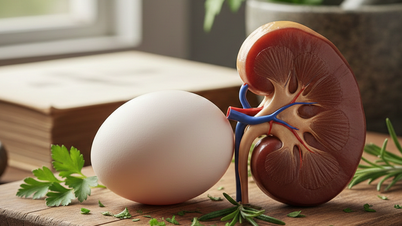




























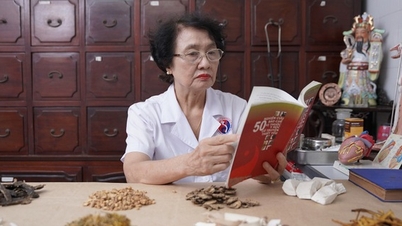
























































Comment (0)